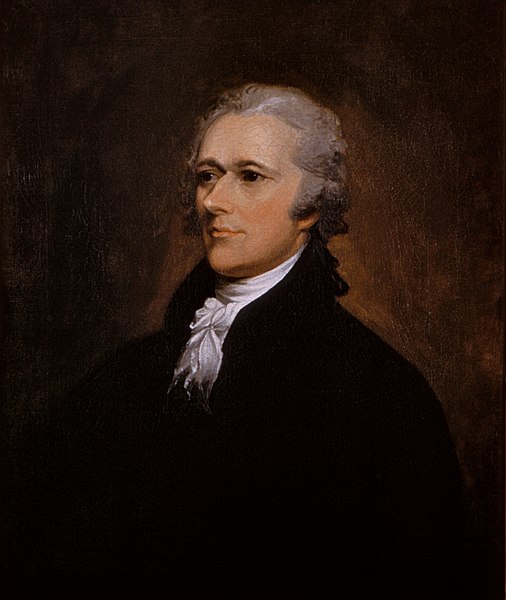The kid version of me always liked The Muppets Christmas Carol, the first Muppets movie without founder Jim Henson (to whom, along with puppeteer Richard Hunt, the film is dedicated) and the first to be distributed by Disney. Despite its use of the famous line described above, this is a non-restrictive adaptation of this famous story because, well, most of the characters are played by Muppets. Kermit the Frog (Steve Whitmire) is Bob Cratchit, and predictably his wife is played by Miss Piggy (Frank Oz, who also served as executive producer of this film and directed Caine four years prior in Dirty Rotten Scoundrels). Other than that, this adaptation largely follows Dickens' story, which is important. Children, the target audience of the film (and perhaps one day the novella), may grow up to be considerably less mean than Scrooge, but that may be because famous, universal stories like these are so didactic. Toning down everything by having Scrooge be a little nicer and having everything be perfectly cheery would have been a mistake.
It seems unnecessary to detail the story and plot of this movie. Practically everybody knows about Dickens' famous tale, how a miserly grinch named Ebenezer Scrooge is visited by three spirits (the Ghost of Christmas Past, the Ghost of Christmas Present, and the Ghost of Christmas Future) to warn him that his cruel ways shall have consequences. Surely, every viewer can envy Scrooge for such a gift to see not only the past and future but also what people are truly saying behind their backs in the present. Such tactics are necessary, for Scrooge, a ruthless banker who underpays his workers, has such a negative effect on everything. Things seem to get quite dark and cold as soon as Scrooge, or "Mr. Humbug", as the Muppets sing, walks hurriedly to his office.
Scenes can get pretty spooky at times in Scrooge's journey to understand his terrible ways, especially when the fire extinguishes and the ghosts appear and haunt Scrooge in his own home. In The Muppets Christmas Carol, the Ghost of Jacob Marley is now the ghosts of Jacob and Robert Marley, played by Statler and Waldorf (performed by Jerry Nelson and Dave Goelz, respectively). The creepy tone doesn't stop when they exit, however. The Ghost of Christmas Past (a ghastly animated doll voiced by Jessica Fox) and the reaper-like Ghost of Christmas Future (puppeteered by Robert Tygner and performed in-suit by Don Austen) are also unearthly.
The film, though, is definitely a comedy, one that's as humorous as the Muppets can make it. The gags and pratfalls (things like Rizzo the Rat falling into a bucket of frozen water or a Muppet cat crashing into a suddenly closed door) will likely still get quite a few laughs from children, but adults will at least appreciate the spoken humor. Screenwriter and longtime Muppets collaborator Jerry Juhl's script employs that famous Muppets wit.
Additionally, the production design by Val Strazovec and art decoration by Dennis Bosher and Alan Cassie are exemplary. (It's also clever. Look closely as Caine sings "Thankful Heart" in town and you'll see a store called Micklewhite's. Michael Caine's real name is Maurice Micklewhite.) Other production elements that deserve praise are Miles Goodman's score and the songs by Paul Williams, especially "Scrooge", "Thankful Heart", "When Love is Found", and "It Feels Like Christmas", sung wonderfully by Nelson as the Ghost of Christmas Present. One song that was controversially omitted from the theatrical version was "When Love Is Gone," sung by Scrooge and the woman who at one point was his fiancé, Belle (Meredith Braun) in the scene from his past. Disney is the one who has been blamed for that, apparently believing that the song wouldn't appeal to young children. However, the lost piece of film was finally found earlier this month.
Caine's singing is so-so; he's able to carry a tune but is sometimes a bit flat. It doesn't matter. This isn't Abba or Les Misérables. He's singing with Muppets, so he's allowed to have imperfect pitch and range. Besides his singing, his acting is terrific. Caine is completely believable as Scrooge before and after his transformation and enlightenment, able to depict Scrooge's cruelty, curiosity, and compassion with ease. The sharpness in which he delivers the lines is also that of a master in his field. When Kermit diplomatically reminds Scrooge that the latter wants eviction notices to be sent out on Christmas, Scrooge replies, "Very well. You may gift-wrap them." The acidity in his delivery is remarkable. Caine, delightfully, likes the movie as much as you do, telling interviewer Lauren Larson that he still watches it all the time with his younger family members. He took the work seriously, too, claiming at the time that he approached the project as if he were working with the Royal Shakespeare Company. It doesn't matter if he's with Kermit and Miss Piggy; he appears as if he's very devoted to his craft while also having a ball, as will most people watching this film. It may not be the most rambunctious Muppets production, but it works. For many, it's actually the best adaptation of the famous story. Children should see it (preferably with the recently found footage). They'll laugh, they'll be frightened from time to time, and they'll at least learn that people are people; sometimes they struggle, but they should never be written off as "surplus".
Dedicated to Mary, my mother, a fan of this movie.























